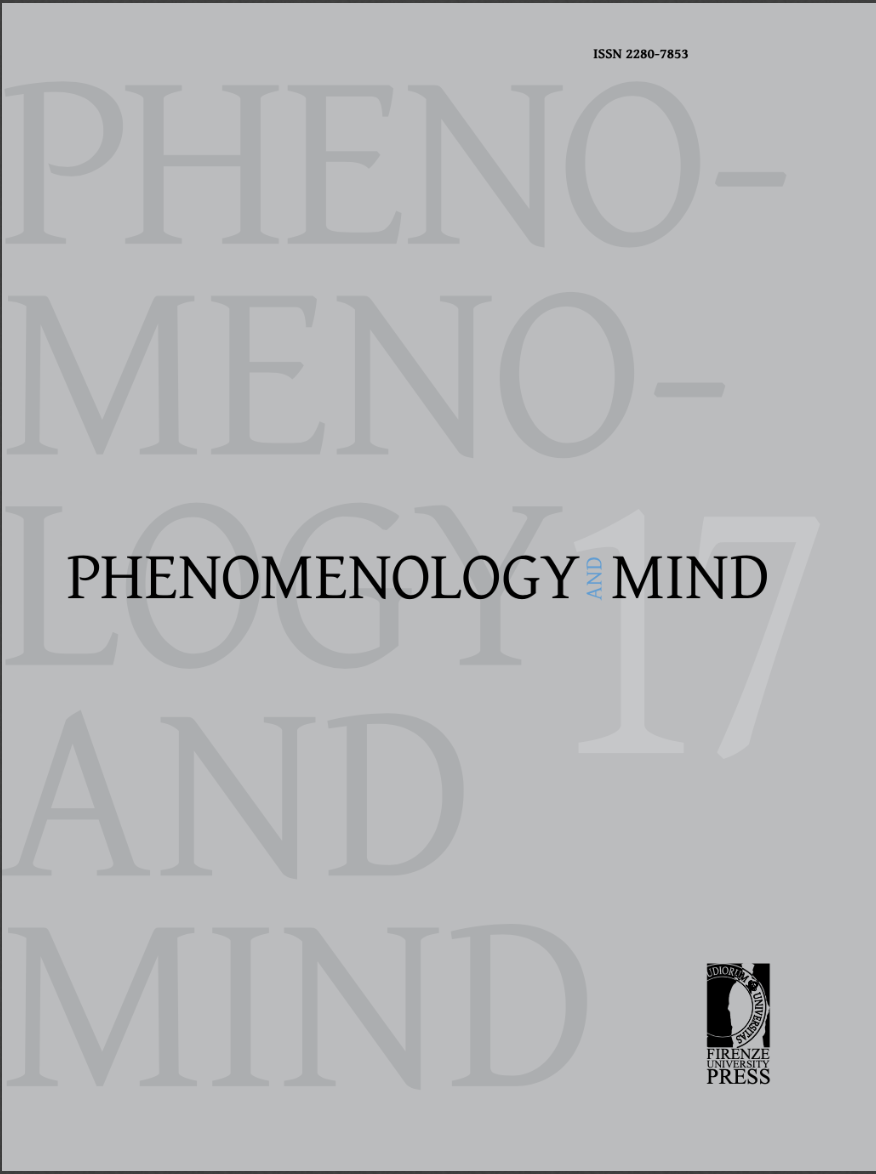Published 2016-04-07
Keywords
- legal normativity,
- Hart-Dworkin debate,
- legal positivism,
- interpretivism
How to Cite
Abstract
Margaret Gilbert’s work on sociality covers a wide range of topics, and as she puts it “addresses matters of great significance to several philosophical specialties – including ethics, epistemology, political philosophy, philosophy of science, and philosophy of law – and outside philosophy as well” (Gilbert 2013, p. 1). Herein I argue that Mark Greenberg’s recent call to eliminate the problem of legal normativity is well motivated. Further, I argue that Gilbert’s work on joint commitment, and more specifically obligations of joint commitment, allows us to move beyond the problem of legal normativity while cashing out H.L.A. Hart’s thesis that moral and legal obligations are distinct.

